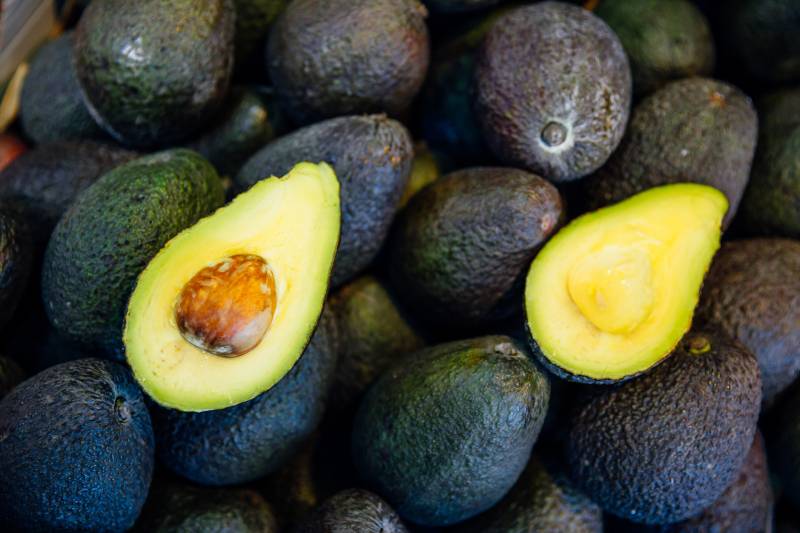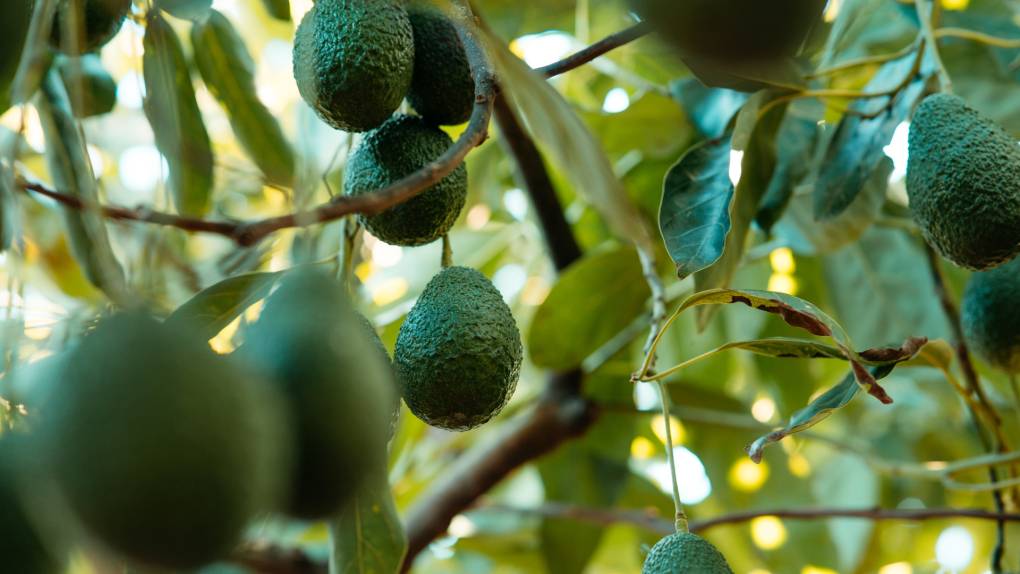The decision was announced last week in a short statement by Mexico’s Agriculture Department, which claimed that “with this agreement, the U.S. health safety agency is recognizing the commitment of Mexican growers, who in more than 27 years have not had any sanitary problems in exports.”
The idea that there have been no problems is far from the truth.
In 2022, inspections were halted after one of the U.S. inspectors was threatened in the western state of Michoacan, where growers are routinely subject to extortion by drug cartels. Only the states of Michoacan and Jalisco are certified to export avocados to the United States.
The U.S. Department of Agriculture said at the time that the inspector had received a threat “against him and his family.”
The inspector had “questioned the integrity of a certain shipment and refused to certify it based on concrete issues,” according to the USDA statement. Some packers in Mexico buy avocados from other non-certified states and try to pass them off as being from Michoacan.
Sources at the time said the 2022 threat involved a grower demanding the inspector certify more avocados than his orchard was physically capable of producing, suggesting that at least some had been smuggled in from elsewhere.
And in June, two USDA employees were assaulted and temporarily held by assailants in Michoacan. That led the U.S. to suspend inspections in Mexico’s biggest avocado-producing state.
The U.S. Department of Agriculture did not immediately respond to questions about why the decision was made or whether it was related to the threats.
Mexico currently supplies about 80% of U.S. imports of the fruit. Growers in the U.S. can’t supply the country’s whole demand, nor provide fruit year-round.


